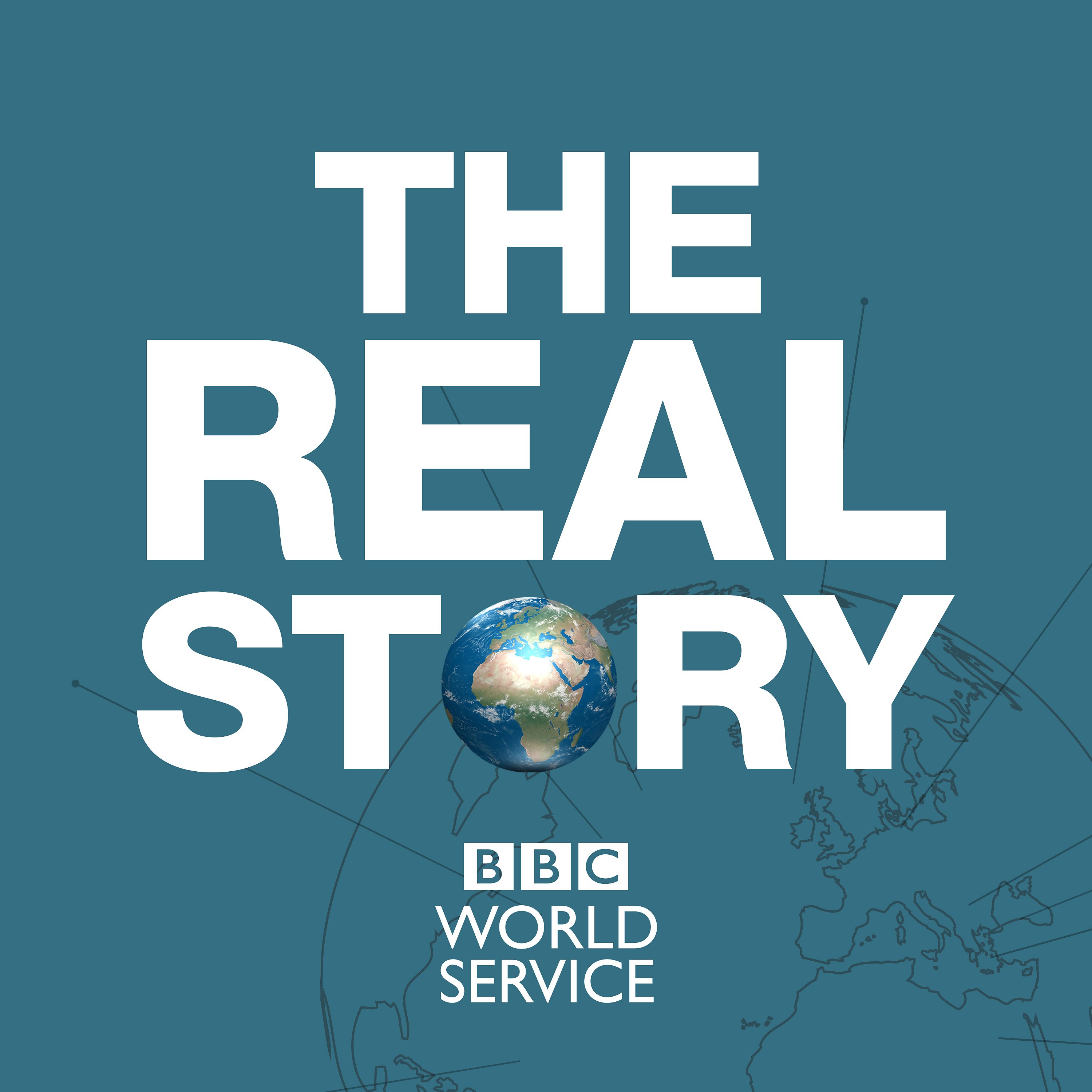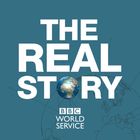
The Real Story
Jul 28, 2023
A new drug, Donanemab, has been hailed as a turning point in the fight against Alzheimer's after a global trial confirms it slows cognitive decline.
One trial was shown to have “significantly slowed” the progression of the disease—by 35%.
Earlier this year, Lecanemab, the first drug to slow the destruction of the brain in Alzheimer's, received regulatory approval in America. Lecanemab was shown to slow the rate of cognitive decline by 27% in an 18 month study involving participants in the early stages of Alzheimer’s.
Although not a cure, charities say the results in the journal JAMA mark a new era where Alzheimer's can be treated. The drug works in Alzheimer's disease, not in other types of dementia, such as vascular dementia.
But the new drugs are not risk-free treatments. Brain swelling was a common side-effect in up to a third of patients in the Donanemab trial.
The World Health Organisation forecasts more than 150m people around the world will be living with dementia by 2050. Until recently, we’ve been told that there are currently no approaches that have been proven to prevent Alzheimer’s disease and related dementias.
But are we beginning to see a future where we can make dementia a chronic condition, one you live with and die with but don’t die from? Are we inching closer towards a treatment for dementia? Can we ultimately prevent or cure the disease? In the battle against dementia, is the end in sight?
Shaun Ley is joined by:
Reisa Sperling - Professor of Neurology at Harvard Medical School and Director of the Center for Alzheimer's Research and Treatment at Brigham and Women’s Hospital.
Dr Sandeep Jauhar - cardiologist and the author of "My Father's Brain", a memoir of his relationship with his father as he succumbed to dementia.
Sir John Hardy - Professor of Neurodegenerative Disease at University College London.
Also featuring:
Paola Barbarino - chief executive of Alzheimer's Disease International.
(Photo: Caregiver Nadia Chebil (L) helps Alzheimer's patient Jean-Marie (R) at "Les Papillons de Marcelle" house, in Arles, southeastern France, on May 9, 2023. Credit: Clement Mahoudeau/AFP via Getty Images)

